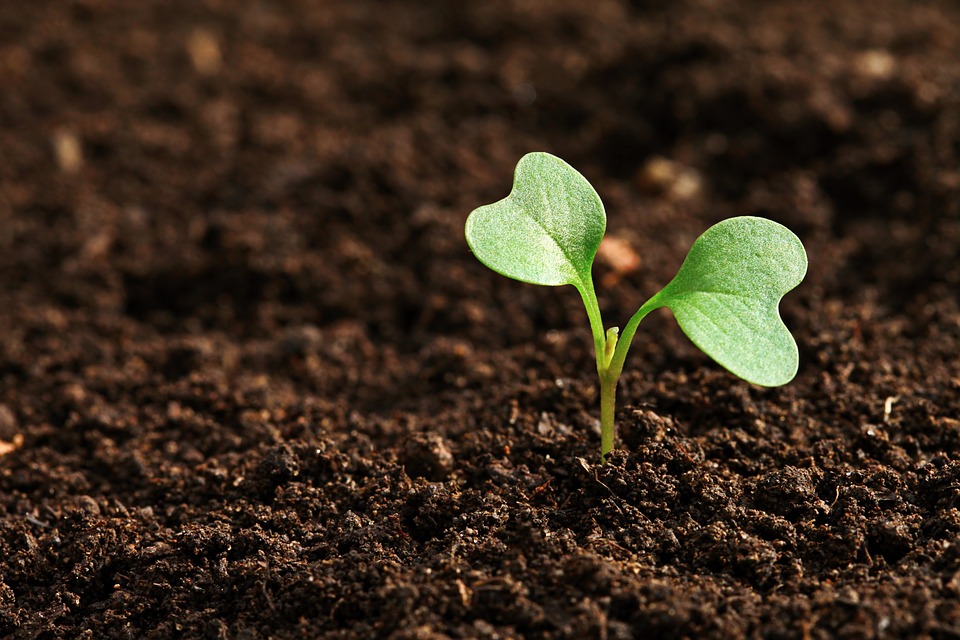I vividly remember the first time I planted my own vegetable garden off the grid. The feeling of putting my hands in the soil and watching my plants grow and thrive was incredibly rewarding. From that moment on, I was hooked on sustainable farming and gardening practices. Over the years, I have seen firsthand the positive impact that sustainable agriculture can have on the environment, our communities, and our health. As the world continues to face challenges such as climate change, food shortages, and soil depletion, sustainable farming is becoming more essential than ever before. The future of farming is indeed changing, and sustainable agriculture is leading the way.
Sustainable agriculture focuses on producing food in a way that is economically viable, environmentally friendly, and socially responsible. By utilizing practices such as crop rotation, cover cropping, integrated pest management, and natural fertilizers, sustainable farmers are able to maintain healthy soil, conserve water, and reduce their impact on the environment. This holistic approach not only benefits the planet, but it also produces nutritious and delicious food for consumers.
One of the key principles of sustainable farming is the idea of working with nature, rather than against it. This means reimagining traditional farming practices to mimic natural ecosystems and processes. For example, intercropping – planting different crops together in the same field – can help reduce pests and disease, improve soil health, and increase biodiversity. By taking cues from nature and working in harmony with the land, sustainable farmers are able to create thriving, resilient food systems.
Another important aspect of sustainable agriculture is the emphasis on local and organic food production. By growing food close to where it is consumed, farmers can reduce the carbon footprint of their products and support their local economy. Organic farming practices, which prohibit the use of synthetic pesticides and fertilizers, also help protect the environment and promote human health. Consumers are increasingly seeking out organic and locally grown foods, recognizing the benefits for both themselves and the planet.
The future of farming lies in the hands of sustainable agriculture. As climate change continues to impact our food systems, it is more important than ever to embrace practices that prioritize the health of the planet. Sustainable farming offers a way forward that is both environmentally friendly and economically viable. By adopting sustainable practices, farmers can ensure the long-term health and productivity of their land, while also providing nutritious and delicious food for their communities.
With the rise of sustainable agriculture, the game of farming is changing. Farmers are rethinking their approaches, experimenting with new techniques, and embracing a more holistic way of producing food. The future of farming is bright, and sustainable agriculture is leading the way towards a more just, resilient, and thriving food system.
Pro Tips:
1. Start small: If you’re new to sustainable farming, don’t feel overwhelmed. Start with a small vegetable garden or a few raised beds, and gradually expand as you gain confidence and experience.
2. Connect with other farmers: Join a local farming or gardening community to share knowledge, resources, and support. Building a network of like-minded individuals can help you navigate the challenges and celebrate the successes of sustainable agriculture.
3. Experiment and learn: Sustainable farming is all about continuous improvement and adaptation. Don’t be afraid to try new techniques, crops, and practices. Learn from your successes and failures, and never stop growing as a farmer.
4. Embrace diversity: In nature, diversity equals resilience. Plant a variety of crops, encourage beneficial insects and wildlife, and incorporate different farming techniques to create a resilient and thriving food system.



